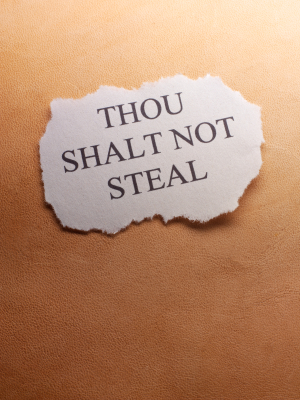As National Poetry Month draws to a close, I thought it only appropriate to post this response to the plagiarist who thought they could get away with stealing my words.
-
-
African Feminism - Afrofeminism - Blog - Gender and LGBT Issues - Interviews - LGBT Africa - New Media - Special Series
Kitchen Table Conversations: LGBT African Diaspora Speak on Culture, Queerness, and Media
In partnership with Women, Action, and the Media (WAM!), I’m hosting a virtual panel that features the perspectives of LGBTQ African Diaspora on African culture, queer identity, and the media. The focus of the panel will in part be driven by pre-submitted questions from listeners, but will also aim to highlight the…
-
This Is What a Lesbian Looks Like: My CURVE Magazine Debut
I was recently interviewed for Curve Magazine's "This Is What A Lesbian Looks Like" monthly feature. It's taken so long to feel whole and integrated as a trans-national, multi- cultured and layered individual; Nigerian, African, queer, afrofeminist, nerdy etc. It feels awesome in so many ways, and yet, so surreal.…
-
NEW PROJECT: Interview Series Featuring LGBT Human Rights Leaders around the World
The founder of QWOC+ Boston (Spectra, www.spectraspeaks.com) is interested in interviewing LGBT POC leaders in the US and Human Rights Activists around the world as part of a new project to share leadership stories and best practices. The project launches in February, and in solidarity with Black History Month, will…
-
Uncategorized
03/25/10 – Leveraging Social Media to Create Social Change – Simmons Institute for Leadership and Change – Boston, MA


